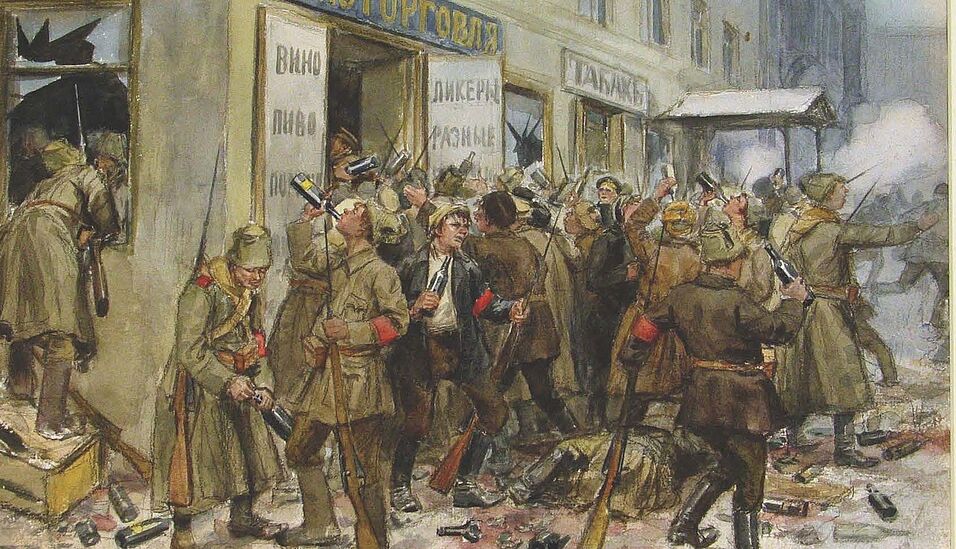Despite the euphoria after the downfall of the tsarist regime in the February Revolution in 1917, Petrograd, the capital of the Russian Empire, experienced paralysis of urban life. The most important issue that affected the daily life of citizens was the exponential rise in crime, especially violent crime. The Provisional Government failed to create an effective police force. Citizens soon began to take the law into their own hands and committed mob violence [samosudy] against criminals and speculators. The Bolsheviks, who came to power in October, were not prepared to stem the tide of crime. When violent alcohol pogroms almost toppled the regime, they also suppressed non-political crime as counterrevolutionary acts, eventually mobilizing the extralegal secret police [Cheka].
Welcome:
Prof. Dr. Kerstin S. Jobst
Prof. DDr. Oliver Rathkolb
Key Note:
Prof. Dr. Tsuyoshi Hasegawa
Discussants:
Prof. Dr. Claudia Kraft
Doz. Dr. Hannes Leidinger
Prof. Dr. Kerstin von Lingen
Prof. Dr. Wolfgang Mueller
Prof. Tsuyoshi Hasegawa (University of California at Santa Barbara) is the author of: Racing the Enemy: Stalin, Truman, and the Surrender of Japan (2005); Crime and Punishment in the Russian Revolution (2017), and The February Revolution, Petrograd 1917 (2017).
With kind support by the Faculty of Historical and Cultural Studies: in cooperation with the Institute of Contemporary History and the Research Cluster “Dictatorship, Violence, Genocide”.
Invitation
INVITATION Violence in Revolutionary Russia 1917–18
10.04.2019 18:30

